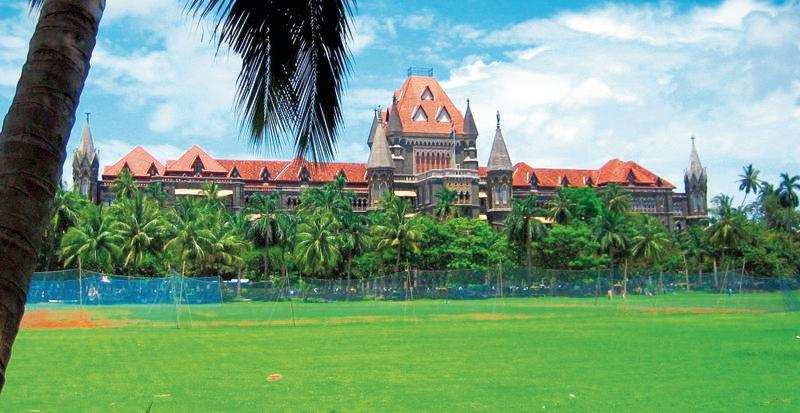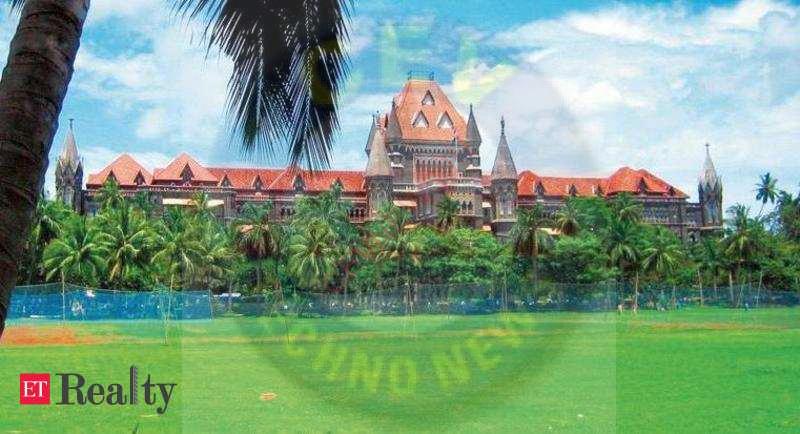
MUMBAI: Observing that the owner of a prime plot near Siddhivinayak temple in Dadar did nothing for 40 years, Bombay high court upheld its acquisition by the state under a slum rehabilitation scheme.
“The petitioner could have, as he claims to be its owner, taken steps for improvement in living conditions of slum dwellers by providing basic civic amenities. But he did not do anything for more than 40 years,’’ said a bench of Justices K K Tated and P K Chavan on July 16.
The HC held that the state and Slum Rehabilitation Authority (SRA) “have meticulously followed due process of law for acquiring’’ the property.
The petition had challenged a July 2019 notification under Maharashtra Slums Act to acquire land in Dadar (W), called Calcuttawala Chawl, and a March 2021 letter issued by SRA to determine compensation for the acquisition.
The litigation had a “chequered history’’, the HC observed.
The petitioner, through his counsel G A Gobole, said his father had purchased the land in March 1955 in a public auction under Displaced Persons (Compensation and Rehabilitation) Act. In 1963, part of the plot was acquired by BMC for road-widening and 11 tenants and a factory remained on the plot. He said in 1979 his father authorized him to develop, vacate the property for Rs6,000 yearly till his father’s lifetime.
But in 2012 he said he learnt of trespassers on the property. In 2014, a public notice was issued under Slum Act proposing acquisition of the plot for redevelopment and rehabilitation of the slum dwellers. He objected and said he would develop it as the owner.
In 2019, the state said it has decided to acquire the plot for the slum scheme.
Godbole argued that merely since the owner failed to submit a redevelopment proposal in reasonable time it did not mean the petitioner’s “preferential right’’ as owner to implement the SRA scheme on it. He said “no reasonable time was given’’ to the owner to submit a redevelopment plan.
Advocate Cherag Balsara for a slum society of around 50 members, which had appointed a builder to carry out redevelopment, sought dismissal of the petition, alleging a two-year delay in challenging the acquisition. The judge found no “satisfactory explanation’’ for the delay. Balsara said the land had been acquired by the state. He said the property was declared a ‘slum’ in 1987 as its occupants were residing in a “very unhygienic conditions’’ without basic civic amenities.
The HC said the Slums Act makes it “amply clear that once a land has been acquired by the state, by publishing a notification in the official gazette after calling for objections, if any owners or others, the land absolutely vests in the state free from all encumbrances’’. The HC said the petitioner, as “owner’’, did not tender authentic legal evidence of his ‘heirship’ and finding no substance, dismissed his petition.

